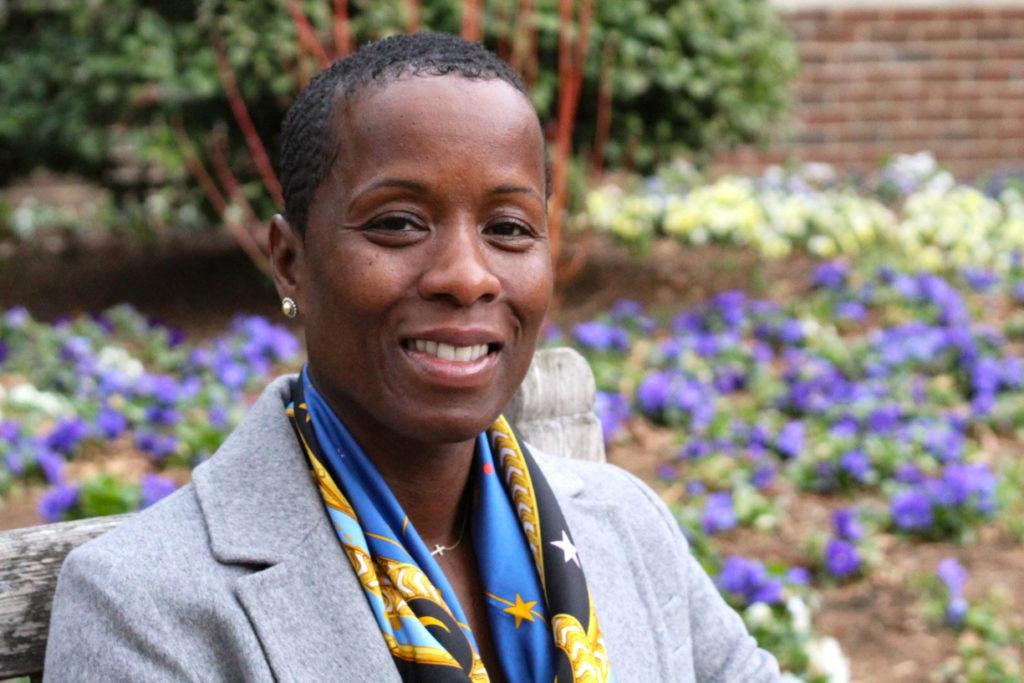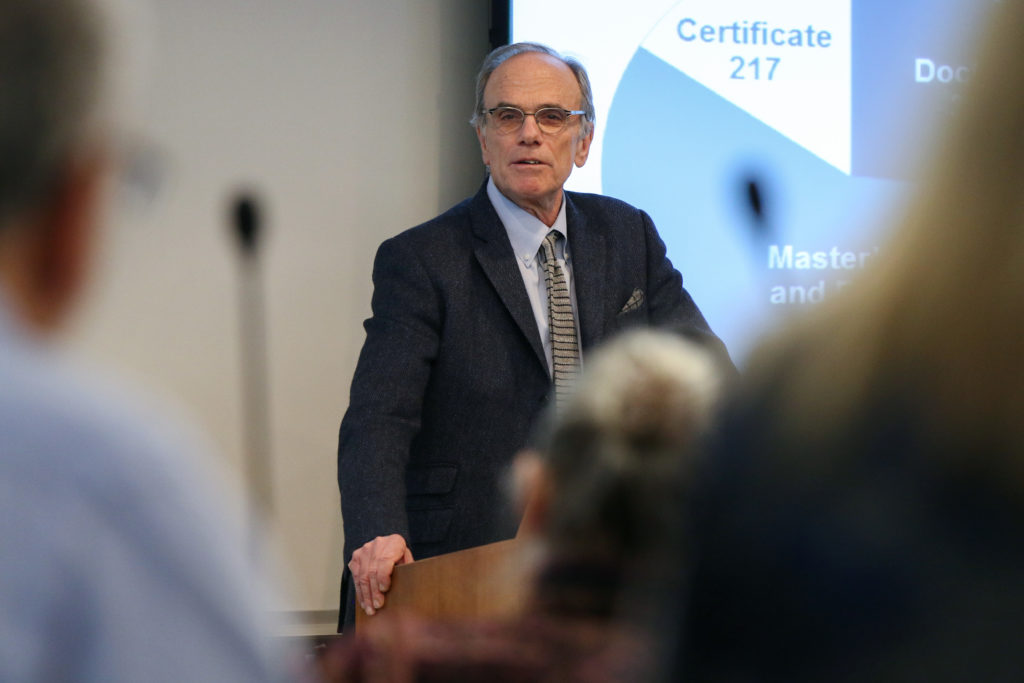A study from the Milken Institute School of Public Health will assess Black women’s awareness of uterine-lined tumors that can lower their fertility rates in hopes of equipping them to make informed health decisions.
Tamara Henry, a teaching associate professor of prevention and community health who is leading the study, said the research team aims to hold open discussions to explore the effects of benign uterine-lined tumors, called fibroids, within Black women and their impact on fertility rates. She said fibroids are three times more likely to occur within Black women compared to white women, noting that 80 percent of Black women will have fibroids by age 50.
She said medical professionals haven’t done enough research on the tumor to identify its root causes due to the medical community’s negligence for Black women’s health issues.
“My hope is that beginning this initial discussion, using this exploratory pilot, that we will be able to provide Black women with the support that they need regarding their fibroids, but more importantly regarding their fertility,” she said.
Henry said she is working alongside a research team that includes another associate professor in the Department of Prevention and Community Health, one graduate student and three undergraduate students.
She said she received a grant from the Clinical and Translational Science Institute at Children’s National Hospital in December to gather interest among team members and participants in the research study to set up the interviewing processes.
Henry said the team will interview about 30 to 40 Black women age 18 or older in three to four focus groups for 90 minutes each over Zoom between March and May.
She said the members of the team will ask questions like what age the women were when they were first diagnosed and whether their health care provider notified them of the effects of fibroids on fertility, while the undergraduates take notes to identify any similar patterns within their answers.
Henry said the team will also interview seven health care providers in the D.C. area for 30 minutes to understand how they treat Black women with fibroids.
“I’m really interested in opening up the dialogue for Black women to be open about their fertility or infertility but also be informed consumers and decision makers when it comes to what they want to do with their uterus,” she said.
Henry said the women’s answers in the focus groups could point out themes like the types of relationships they may have with their health care providers who offer surgical or alternative options for removing fibroids that can be considered for further research.
She said the team aims to create a larger sample size for the study in the future that can lead to greater financial investment in researching the potential causes of fibroids to ensure Black women with the tumors feel safe and secure if they decide to pursue a family.
She said invasive surgeries like myomectomy – the surgical removal of fibroids conducted while the patient is under anesthesia, similar to a C-section – can only provide a temporary solution for fibroids because 10 to 50 percent of tumors can return a few years later.
Henry said invasive surgical treatments can be a “phenomenal” option, but a woman’s uterus can become fragile if she has multiple procedures that require several incisions and can complicate the pregnancy process if she wants kids.
She said the focus groups will provide Black women with an opportunity to voice their health concerns in a space where they feel comfortable and can share similar experiences, which could highlight how doctors have historically neglected providing Black women with adequate health care.
“In this discourse, I really want to highlight that we as Black women are in control of our fertility, and we should be able to make decisions that help us if we want to have children down the road,” Henry said.
She said the study is personal to her because she was diagnosed with fibroids when she was 22, which forced her to start thinking about conceiving a family at an early age.
She said Black women typically don’t feel comfortable disclosing information about their health to their doctors because Black women are historically undertreated, which she said needs to be addressed.
She said she wants to provide other Black women with resources to educate them on fibroids’ effect on fertility while promoting more discussions about fertility and infertility in general.
“The reality is these fibroids are affecting our fertility, and for the persons who want to have children like me, I just think it’s important and I want to get the word out,” she said. “If I can do my part with this pilot study and scale up, then I will have made a difference, and that’s what I want to do with this.”







